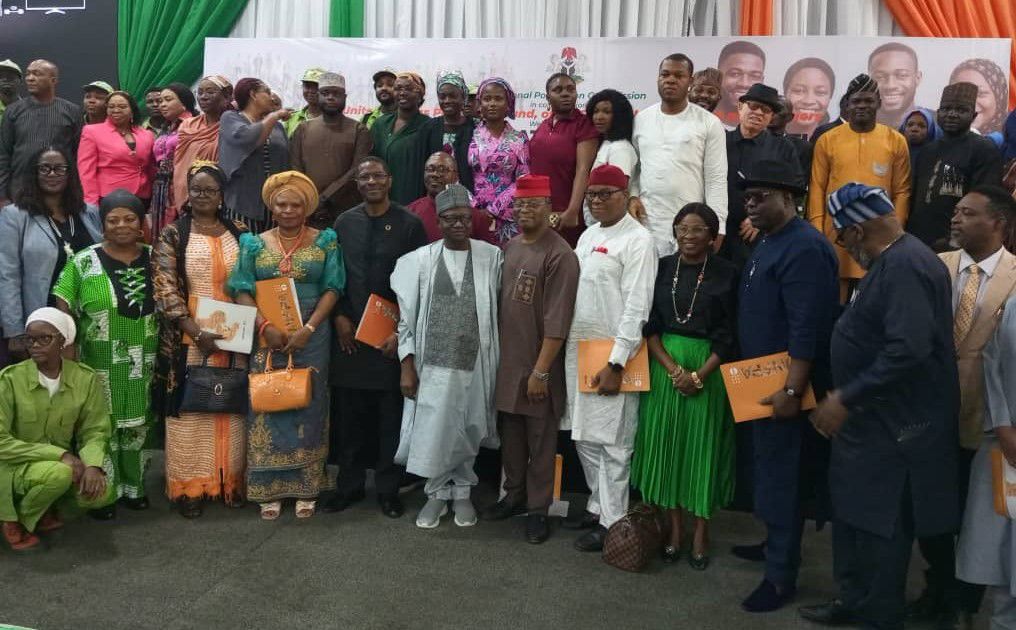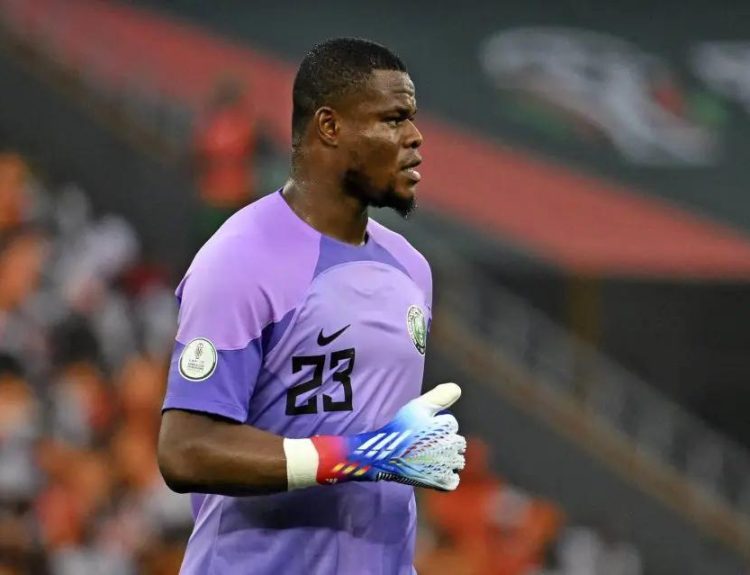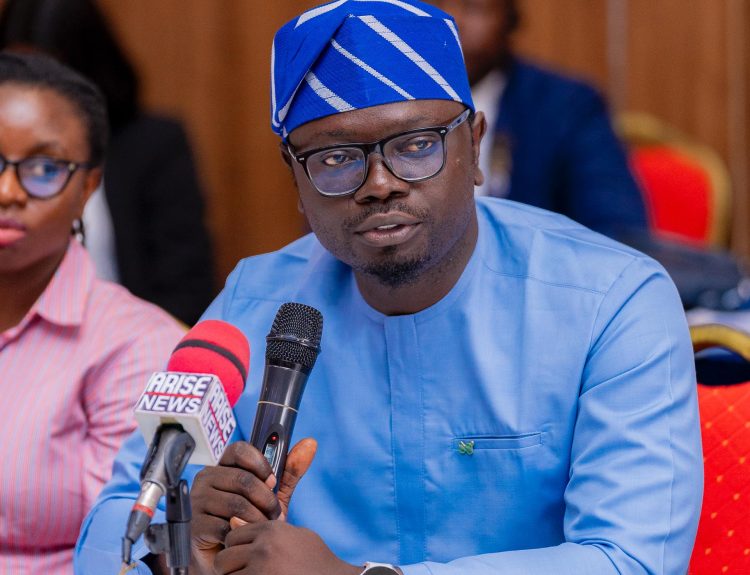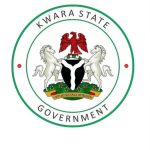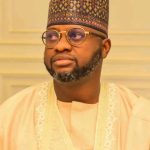Lawmakers and population experts have issued fresh calls for the immediate conduct of a credible population and housing census, warning that the continued delay is stalling national development and jeopardizing the future of millions of young Nigerians.
Speaking at the 2025 World Population Day commemoration in Abuja, Chairman of the Senate Committee on National Population and Identity, Senator Victor Umeh, emphasized the urgency of investing in Nigeria’s youth, in line with this year’s theme: “Empowering young people to create the families they want in a fair and hopeful world.”
Umeh lamented the absence of reliable population data since the last census in 2006, noting that unverified figures have become the basis of national planning.
“Every day we hear that Nigeria has about 230 million people. But how can we address their needs if we don’t know who they are or how many they are? Just yesterday, someone claimed we’re over 300 million and I couldn’t dispute it,” he said.
With over half of Nigeria’s population under age 30, Umeh argued that accurate, disaggregated data is essential for youth-focused policies, equitable resource distribution, and sustainable development.
He pledged the Senate’s full support for funding and legislation to empower the National Population Commission (NPC) to deliver a credible and timely census.
Echoing these concerns, House Committee Chairman Okunjimi Odimayo said Nigeria’s biggest national problem is its lack of accurate data.
“We must be guided by one fundamental requirement and accurate data. It’s not a luxury, it’s a necessity. Without it, every policy is built on assumptions, and assumptions are not realistic,” he stated.
NPC Chairman Nasir Kwarra stressed that Nigeria’s youthful population is a strategic asset that must be deliberately developed.
“Over 60% of Nigerians are under 30, that’s over 130 million youths. Their aspirations and potential must be at the heart of our national development agenda,” he said.
He advocated for greater investment in education, health, and job creation, all anchored on reliable data and reminded stakeholders that global standards require a census every 10 years.
The last population and housing census in Nigeria was conducted in 2006, recording just over 140 million people. Since then, repeated attempts to hold a new count have been hampered by funding challenges, political hesitation, and security concerns.
A digital census planned for May 2023 under former President Muhammadu Buhari was postponed to allow the incoming Tinubu administration to take over the process.
The event also featured the United Nations Population Fund (UNFPA) Deputy Representative, Koessan Kuawu, who called on leaders to listen to the voices of young people and create conditions that allow them to make informed decisions.
“Let’s listen to what young people want and need, and build a Nigeria where they can exercise their rights, form families on their own terms, and pursue a hopeful future,” Kuawu urged.
As Nigeria remains overdue for a census by nearly a decade, experts agree that the time to act is now, before the country plans itself into deeper social and economic crises.


